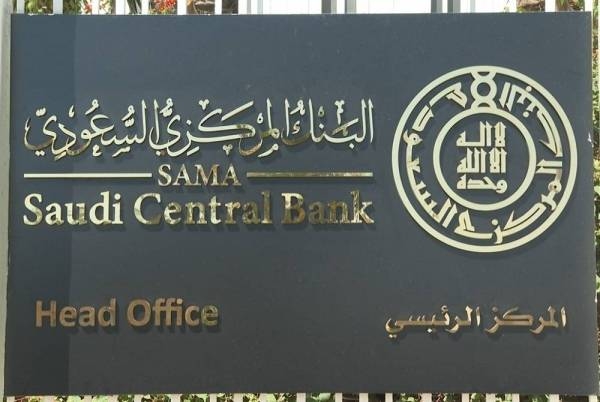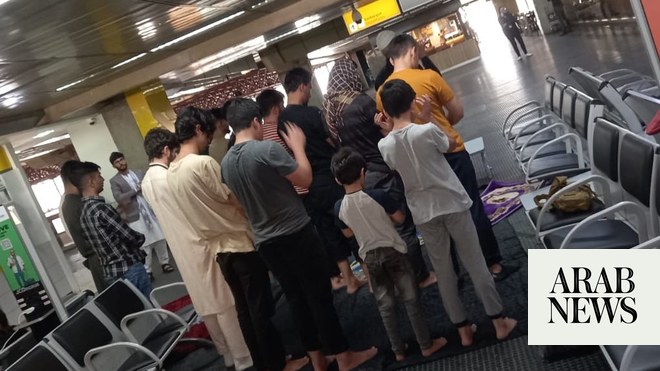
Move follows strict lockdown imposed on July 1 after sharp rise in single-day COVID-19 deaths
DHAKA: Bangladesh lifted its nationwide lockdown on Thursday, ahead of the Eid Al-Adha holiday, despite increasing numbers of new daily coronavirus disease (COVID-19) infections.
The country imposed its strictest-ever lockdown on July 1 after a sharp rise in single-day COVID-19 deaths. People were confined to their homes except for emergencies, to buy essentials or to receive vaccinations, with troops patrolling the streets to enforce the rules.
Earlier this week, however, the government said it would ease the lockdown for nine days ahead of the holiday observed on July 21 “considering the socioeconomic condition and the need to maintain normal economic activity.”
Tens of millions of Bangladeshis usually travel from one city to another to spend Eid Al-Adha with their loved ones. The lifting of mobility restrictions on them comes as COVID-19 infections in Bangladesh are at their peak, with the current test positivity rate standing at 30 percent. Single-day coronavirus deaths reached 226 on Thursday — the second highest daily toll since the beginning of the pandemic.
“At this moment, we can’t definitively say that it will worsen,” Dr. Nasima Sultana, additional director-general at the Directorate General of Health Services, told Arab News on Thursday.
She said if people strictly follow health guidelines, the government will be able to contain the situation, but “preparation is underway to ready some field hospitals in the capital as soon as possible.”
She added, however, that it may take time.
“It requires highly sophisticated medical equipment and trained human resources,” she said. “Some of the equipment needs to be imported from abroad, which takes time.”
Public health experts have sounded the alarm that the relaxation of health measures could turn the holiday into a super-spreader event.
“We are currently witnessing an upward curve in transmission, and people will move from the cities to the villages, which will take the virus from one place to another,” Dr. Benazir Ahmed, former director of the Center for Disease Control, told Arab News.
“In this way, we are activating the transmission cycles,” he said. “The lifting of lockdown restrictions amid this situation is like adding fuel to the flame.”
Dr. Rashid Mahbub, chairman of the National Health Rights Movement, said the presence of the highly contagious Delta variant of the virus is currently a major concern.
“Now the country is experiencing a community-level transmission, and people in villages are getting affected more and more,” he said.
Only around 3 percent of the country’s 166 million people have been fully vaccinated against the virus.
While health authorities aim to inoculate 200,000 people a day with recent arrivals of vaccine doses from various countries, Dr. Shamshul Haque, secretary of the COVID-19 vaccine deployment committee, said there is still a long way to go for the immunization campaign to be effective.
“We are not in a comfortable situation. The country needs more to inoculate at least 125 million people from its population,” he told Arab News.











